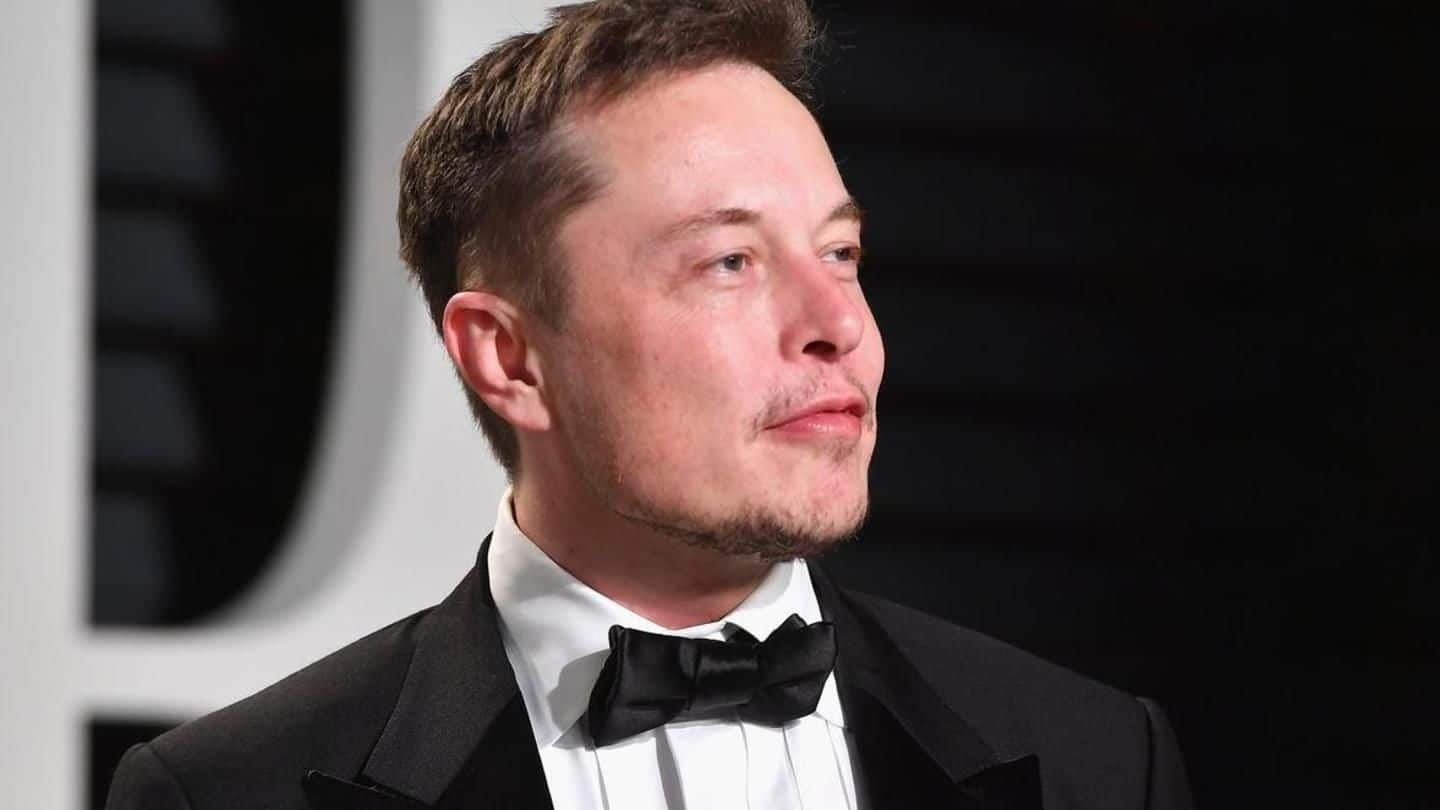
After Tesla shareholders' approval, Musk could earn $50bn in 10-years
What's the story
Tesla shareholders have approved an "audacious" compensation plan for CEO Elon Musk, worth $2.6bn at current prices, but which can go to $50bn in 10 years. Under presumably the biggest share-based pay deal in history, Musk will only get full rewards if he takes Tesla's valuation from $55bn to $650bn. After the vote, a key test of support for Musk, Tesla's shares jumped 3%.
Goals
The aggressive goals in front of Musk
Under the new pay structure divided into 12 tranches, Musk will receive maximum compensation only if Tesla's valuation increases to $100bn in the first tranche, and then in $50bn increments each time to $650bn. Operational targets include meeting escalating Revenue and Adjusted EBITDA targets. For each tranche achieved, Musk will "vest in stock options that correspond to 1% of Tesla's current total outstanding shares."
Musk
What's in it for Musk?
If all targets are met, Musk could net as much as $55.8bn fully vested, assuming it doesn't issue more shares in the next 10 years (which is unlikely). But it will pave the way for him remaining in charge, though he could hand over the CEO responsibilities to a suitable successor and move to "design and engineering, which is what I like doing best."
Shareholders
A major win for employees and shareholders
Critics called it Tesla's "latest publicity stunt," but analysts agree it's a "marketing tool" to draw talent and investors as the company faces greater competition. It is "as friendly to shareholders as they come," noted NYT, considering most CEOs earn hefty paychecks even if they underperform. 73% votes were cast in favor of the plan, excluding shares owned by Musk and his brother Kimbal.
Scope
Can Tesla meet its aggressive targets?
At first glance, growing over 1,000% in 10 years looks impossible. The company hasn't turned profits yet, and been delivering a fraction of its production targets; last year, it was burning $480,000 hourly. 2017 also saw several high-profile exits, and there's no clear second-in-charge. But not many thought Tesla would grow 17-fold in five years. Musk's determination might just bear fruit.